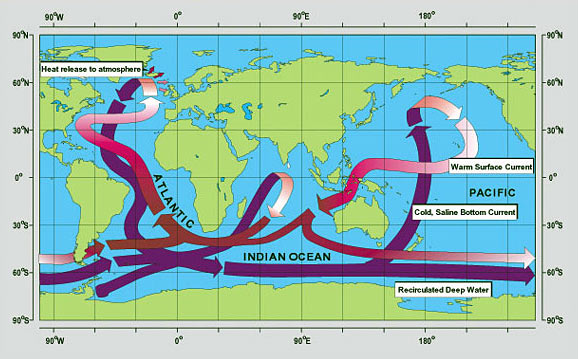The Ran of Breslov [Reb Nahman] had a low opinion of the Rambam's Guide for the Perplexed.
Also when he listed subjects one must finish every year in such a way that the day does not seem long enough he listed the whole Talmud, and the poskim Rif, Rosh and the major book of Rav Joseph Karo The Laid Out Table. But he skipped the Rambam. It seems to me that he skipped it on purpose.
The Gra wrote his comments on the Laid Out Table, not the Rambam.
The book I was most impressed with in terms of law is the Tur with the commentary of Rav Yoseph Karo.
But I also think the Rambam's Mishne Torah is good to learn with the basic commentary of Rav Shach's the Avi Ezri.
As for the Guide itself, I can see the that the Ran of Breslov had a point, -- it seems a little out of date. In terms of the philosophy of Torah, I think Saadia Gaon's Faiths and Doctrines is better. In any case, Reb Nahman did not think learning any philosophy makes sense, and from that fact I thought not to do so. Though I wanted to listen to the Rambam about the importance of Physics and Metaphysics, but because of the warning of Reb Nahman, I decided not to spend any effort on philosophy except as a pastime to relax. I think anyone looking at philosophy today would have to agree that it is a waste land.
[However Leonard Nelson had a good point about non-intuitive immediate knowledge. That is knowledge that one knows,- but not through sense perception and not through any intellectual deductions (and not through anything. It is immediate, not mediate). It is akin to Michael Huemer's idea of what reason perceives. Direct awareness of facts and of external objects. Not through anything. Huemer builds on Thomas Reid, but the idea seems close to Leonard Nelson's immediate non intuitive knowledge.--another word for faith.]
Also when he listed subjects one must finish every year in such a way that the day does not seem long enough he listed the whole Talmud, and the poskim Rif, Rosh and the major book of Rav Joseph Karo The Laid Out Table. But he skipped the Rambam. It seems to me that he skipped it on purpose.
The Gra wrote his comments on the Laid Out Table, not the Rambam.
The book I was most impressed with in terms of law is the Tur with the commentary of Rav Yoseph Karo.
But I also think the Rambam's Mishne Torah is good to learn with the basic commentary of Rav Shach's the Avi Ezri.
As for the Guide itself, I can see the that the Ran of Breslov had a point, -- it seems a little out of date. In terms of the philosophy of Torah, I think Saadia Gaon's Faiths and Doctrines is better. In any case, Reb Nahman did not think learning any philosophy makes sense, and from that fact I thought not to do so. Though I wanted to listen to the Rambam about the importance of Physics and Metaphysics, but because of the warning of Reb Nahman, I decided not to spend any effort on philosophy except as a pastime to relax. I think anyone looking at philosophy today would have to agree that it is a waste land.
[However Leonard Nelson had a good point about non-intuitive immediate knowledge. That is knowledge that one knows,- but not through sense perception and not through any intellectual deductions (and not through anything. It is immediate, not mediate). It is akin to Michael Huemer's idea of what reason perceives. Direct awareness of facts and of external objects. Not through anything. Huemer builds on Thomas Reid, but the idea seems close to Leonard Nelson's immediate non intuitive knowledge.--another word for faith.]


